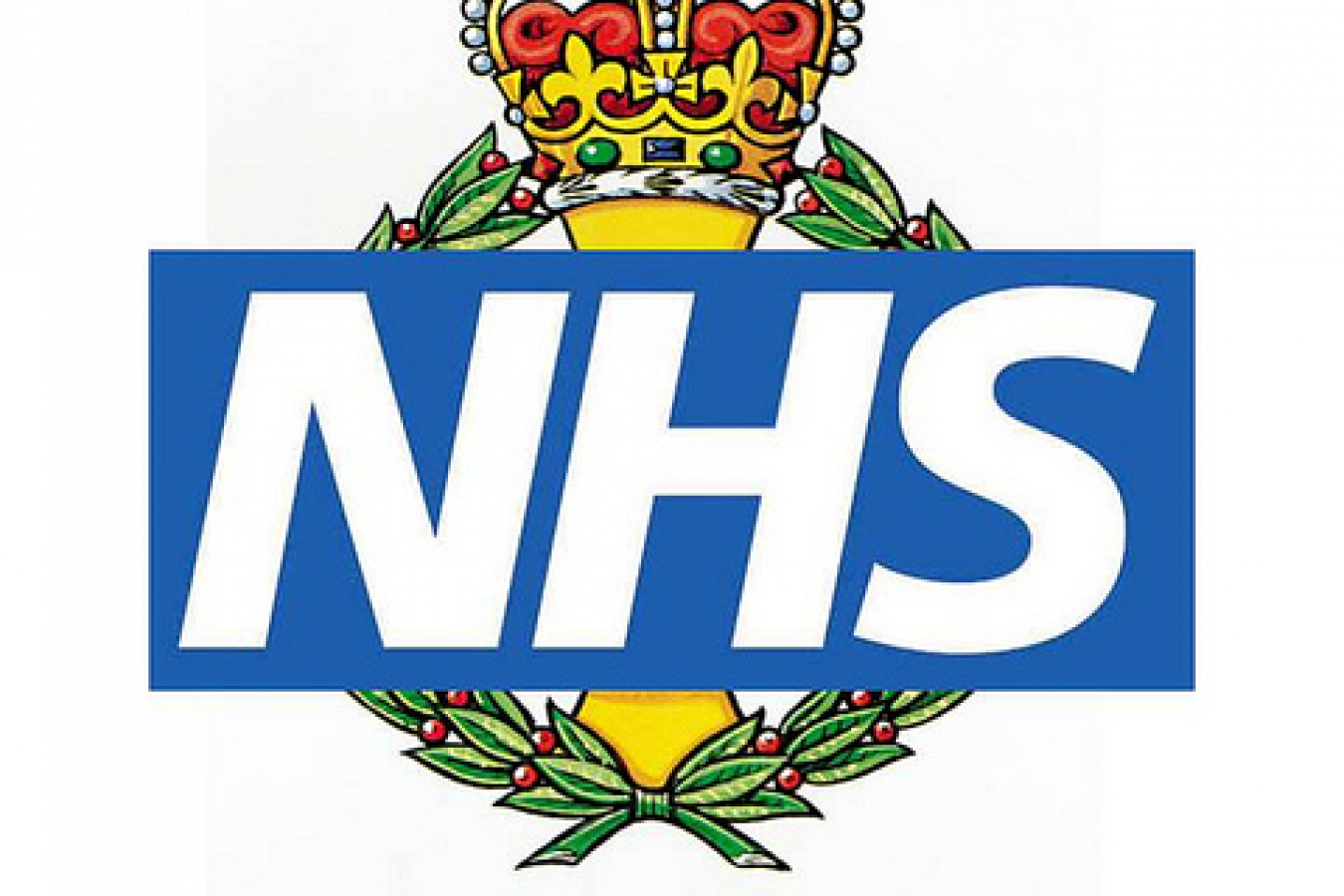Some important changes to the Tier 2 visa system came into force on 24 November, 2016. The Home Office has announced that the Tier 2 intra-company transfer (ICT) route will be subject to the immigration health surcharge (IHS). The surcharge was one of the key changes within the Immigration Act 2014 and came into force in April 2015 for a number of visa categories. Employers with a Tier 2 Sponsorship licence are finding it more and more expensive to employ migrants from outside the EU/EEA. On top of this from 6 April 2017 many employers will have to pay an immigration skills charge of £1,000 per year for Tier 2 visa immigrants.
The £200 fee, payable by non-EU citizens coming to the UK to live and work to apparently cover the cost of healthcare, was expected to apply to the Tier 2 ICT route as part of wider UK immigration changes announced in October 2016. However, it has been announced that the charge will apply to all Tier 2 ICT applications submitted on, or after, 3 April, 2017.
The fee will be charged at the time of application, while any dependents will have to pay the same amount. However, if an application for a Tier 2 ICT visa is rejected, applicants can expect a full refund of all IHS costs paid.
2017 Immigration Act more ‘considerate’ to Tier 2 ICT route
However, despite being subject to the immigration health surcharge, a report published by the Chartered Institute of Personnel and Development – a professional association for human resource management professionals – states that the Immigration Act 2017 has been ‘particularly considerate’ to the Tier 2 ICT route.
As part of sweeping changes made to the Tier 2 ICT route for 2017, referenced in the CIPD article, the Home Office has announced that:
- The controversial skills immigration charge set to come into effect in 6 April 2017 will not apply to the Tier 2 ICT route
- The minimum salary for non-EEA graduate trainees will reduce from £24,800 to £23,000 per annum
- Tier 2 graduate trainee positions available for sponsors will increase from five to 25 each
Helena Smith, an employment solicitor and author of the CIPD article, said: “On the face of it, the Immigration Act 2017 provides some benefit to multinationals and those engaging in graduate recruitment.”
“However, it remains open to debate whether the rationale driving these changes can be met given the cost benefit to employing multi-lingual, non-EEA graduates without payment of a skills charge within a global market,” Smith asserts.
“The additional freedom of intra-company transfers might also prove an attractive way of maintaining a multinational workforce in light of Brexit, rendering the Act somewhat ineffective,” Smith added.
However, UK companies who depend on the Tier 2 ICT route to plug skills gaps are bemoaning the IHS, saying that it adds to immigration costs, which increased extensively following the last round of changes to the Tier 2 visa route in November 2016.
Workpermit.com can help with Tier 2 Visa Sponsorship Licences and Tier 2 visas
If you need help with a Tier 2 Sponsorship Licence and Tier 2 visas or would like help with complying with your Tier 2 Sponsorship Licence obligations workpermit.com can help. Call 0344 991 9222 for further details.




